Our newest column, The Female Gaze, is a place to elevate female empowerment and listen to those changing the world. In our third edition, and for Women’s Equality Day, we speak to multi-hyphenate Maryam Montague.
Globally, 129 million girls are out of school, according to recent UNESCO data, and, “in countries affected by conflict, girls are more than twice as likely to be out of education.”
Project Soar, the culmination of Montague’s own, multi-faceted portfolio, aims to address this, among other things. Part-funded by proceeds from her boutique hotel, Peacock Pavilions, Maryam’s global outlook and creative passions are deeply embedded in the programme’s approach.
Rooted in the semirural village of Douar Laadam, on the outskirts of Marrakesh, over the past decade, Project Soar has supported thousands of girls across Morocco, Uganda and Syria. The project focuses on developing their self-confidence, leadership and advocacy skills enabling them to become agents of change in their own lives. Soar Girls have been able to negotiate themselves out of child marriage, avoid early motherhood, and engage in dialogues with parliamentarians, ministers and heads of UN agencies.
Project Soar girls spent time with Michelle Obama, as she visited Morocco during the filming of her CNN film ‘We Will Rise”
The project has been supported by Meryl Streep, Freida Pinto and Michelle Obama, having featured in the former First Lady’s CNN documentary, We Will Rise, and is now in a five-year strategic partnership with the United Nations Population Fund (UNFPA).
“The girls engaged by the project face significant barriers to education, living on less than $1 per day and are often subject to exploitation, child marriage, or early motherhood,” Maryam tells us, adding that, “education and self-autonomy are pivotal to the development and advancement of young girls and is central to the work of Project Soar.” Following the programme, 99.5 per cent of the girls have avoided child marriage and 100 percent have pursued higher education, compared to 39.1 per cent nationwide.
We asked Maryam about her hopes for the girls she supports, as well as what we should be doing at an international level to overcome barriers to girls’ education.
Tell us a bit about yourself and what you do?
I was born in Cairo, Egypt to a bicultural family, my mother is Iranian and my father American. I was raised in Tunisia and then New York, before living in Dakar, Kathmandu and Windhoek for my work in humanitarian aid. I was raised in a family that really embraced the idea of a world made up of a mix of cultural beliefs and attitudes.
You’ve lived in many places throughout your life, how do you think doing so expanded your outlook and has led to where you are today?
I truly believe that the more you travel, the more you flex that muscle in the brain, the more you see what is possible. Travel has informed so much of my life and work, not only as a humanitarian, but through my creative pursuits in design, writing, and photography. I have travelled to over 40 countries on assignment and have always loved travelling on my own too. It helps me to stay in a mindset of consistent curiosity. I love to be a student and do the active listening that is required to learn from local communities about their lives and the cultures they have grown up in.
You’ve authored a book, led design safaris for brands including Tory Burch, own a home décor shop, built, designed and founded a hotel, and you run Project Soar – how do you do it all?
I have wonderful colleagues that help me. At Project Soar, we have more than eighty facilitators on the ground and twelve full-time Soar Staff. At the hotel, we have two guest managers and the staff who work with us there have been part of the team for many years, they are incredibly professional and know how to do their jobs extremely well, so that is a huge help. That said, I do work with a lot of different tools and techniques, like the NeoRhythm, Brain FM, the Pomodoro technique and time boxing to help me stay focused and manage my time. I also have a life coach who helps me think about the deep questions, which really helps me to prioritise effectively.
What inspired you to build your own hotel, Peacock Pavilions?
The decision to move to Marrakesh preceded any ideas about building the hotel. When I moved there with my husband in 2006, we pitched a tent on an eight-acre olive grove on the outskirts of the city. Initially, we set out to design and build our own home, but as expatriates building on productive Moroccan agricultural land, the local authorities required us to set up an investment project. It was really a combination of my husband’s profession as an architect and my love of design that inspired what is now Peacock Pavilions. We still live there today, now that our children are grown up, we share our own slice of Moroccan oasis with our six resident peacocks, two cats – Toby and Tiger, a dog – Jonah, and the wonderful guests stopping through.
What is the connection between the hotel and Project Soar?
Peacock Pavilions hotel in Douar Ladaam, Morocco
As business owners, beyond hiring staff and providing jobs, we truly believe that every business is responsible for giving back to the community. When we moved to Morocco, having a young daughter of my own made me critically aware of the disparity in the region. In Morocco, 14 per cent of girls are married before the age of 18 and one in three of these girls have children under the age of 18, which has devastating consequences for their health and development prospects.
We came up with the idea for Project Soar in 2013. Once the hotel was ‘out of the red and in the black’, we started speaking with village elders and leaders in the local communities, visiting homes and sending allies to identify the girls who needed the help the most. We set a day to open the project in 2014 and were fully up and running by 2015, by 2017 we moved the project out of the hotel and into its own centre, embedding the project in the local community. By 2020 we began expanding our work to Syria and Uganda.
How did the Project expand its work to Uganda and Syria?
In 2019, we took the first step to extending our reach beyond Morocco, establishing the project in Uganda, in partnership with Open Space Centre. We started by piloting the programme in five schools in Kampala, Uganda, resulting in 132 girls graduating from the programme in the first year, and five Girl Leader Clubs being launched. In 2021, we expanded our reach to Syria, with the support of the Swedish Postcode Foundation and three Syrian NGO partners to pilot Girls Soar in Syria. We began with rigorous research, led by Untold Research to adapt the Soar curriculum for internally displaced girls. In our first year, we supported 173 Soar Girls.
How has the hotel helped you expand your humanitarian efforts?
Beyond providing an initial base for the project, the retreats we run at the hotel gave rise to the opportunity for guests to engage directly in the work we do at Project Soar. With the knowledge that girls’ education has a powerful ripple effect on families, communities, countries and beyond, many of the guests have become incredibly invested in the work we do, supporting through give-back retreats, facilitating workshops, and donating.
How is the project changing the lives of the girls you support and what impact does this have on the surrounding community?
The project has enabled a significant portion of Soar girls to negotiate themselves out of child marriage, into education and positions of leadership. Our impact report has found that 100 per cent of Soar Girls passed their baccalaureate exams, compared to 55 per cent nationwide, and 99.5 per cent of Soar Girls avoided child marriage, compared to 86 per cent nationwide.
Dounia, one of our ‘Soar Girls’, used the skills she learnt from the project to negotiate herself out of her own child marriage and was nominated for an award by Girls not Brides, travelling to London for the ceremony to collect her award. Dounia is now a ‘Soar Facilitator’, empowering girls in her own community.
The immediate impacts of the project have been very successful. Initially, one in six of the girls who came to us were married underage, now we see less than one per cent of Soar girls getting married.
How has the project evolved since its conception?
Starting from Douar Ladaam in 2013, we now work across Morocco, Uganda and Syria, with 42 active sites and 235 Soar facilitators on the ground leading the workshops. To date, we have helped over 3,700 girls in the regions we support. Through the programme, we have seen Soar Girls, like Douina, negotiate themselves out of child marriages, meet with parliamentarians, heads of UN agencies and ministers to discuss the challenges they have faced in accessing education and how to change this for their communities.
At an organisational level, we are developing white papers on supporting fair access to girls’ education for governments. The UNFPA has also invested as a five-year strategic partner in the programme, with a focus on reproductive rights and, since January, we have held 44 ‘Soar Dialogues’, engaging key stakeholders across communities to form community-based solutions.
How has the experienced changed you?
I have learnt so much through the work we’ve done with Project Soar. Seeing the life-changing outcomes that the project has led to for the girls has given me even more motivation to scale the project and keep pushing to implement changes at the international policy-level. I love that I get to share my passions through the work we do and I think this is key to anyone looking to make a lasting impact in their work; channelling their learning through creativity and a positive-global outlook is central to the ‘Soar Solution’.
What is the biggest lesson you’ve learnt through your work?
Personally, that if you want to be a social entrepreneur, you must be resilient. When you share your idea for social change, there will always be people who will tell you that it can’t be done – you need to be willing to press forward, beyond their arguments, your own fear of failure, or obstacles that will inevitably come your way. I would counsel those committed to social change to stay tenacious, ask for help, and pivot until you get it right. Social change is possible, but it starts by believing that it is possible; that we can all take steps to creating a better world.
Maryam with Meryl Streep at Project Soar in Morocco
I’ve also learnt that there is still a lot of work to be done. In the regions we work in, many of the schools do not meet the safety, hygiene or sanitation needs of girls; as part of our work, girls receive sustainable menstrual kits for three years of menstrual hygiene management (period poverty is a significant barrier to girls going to school). In others, teaching practices are not gender-responsive and result in gender gaps in learning and skills development. The project really provides a space for girls to learn and to feel empowered to change this in their own communities.
If there was something you could change today for young women globally, what would it be?
My dream is that advocacy leads to closing legal loopholes on underage marriage. I also want to support girls across the globe with a systemic solution to period poverty that is embedded in schools, there is still so much shame around the issue and a long way to go on addressing it.
What’s next?
Of course, there is always more we can do. Through my experience as a Management Consultant, I am always looking to scale the programme, reach more girls, to expand our reach across the regions we work in and to further our work with key partners at the international level to increase funding and to make a lasting, continuous impact.
To find out more, or to donate to the project, visit their Global Giving fundraising campaign or donate here. See more of the amazing work the team are doing in their short movie: This is How I Soar.
We may earn a commission if you buy something from any affiliate links on our site.
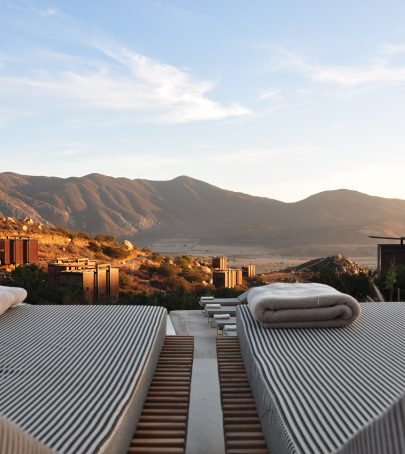
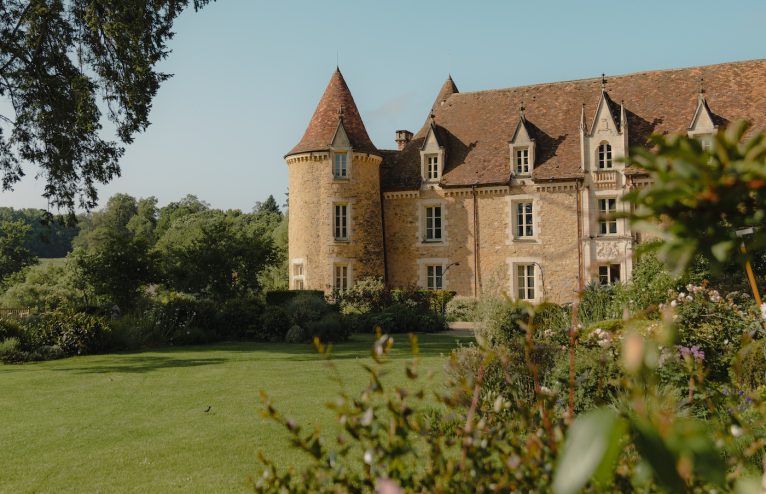
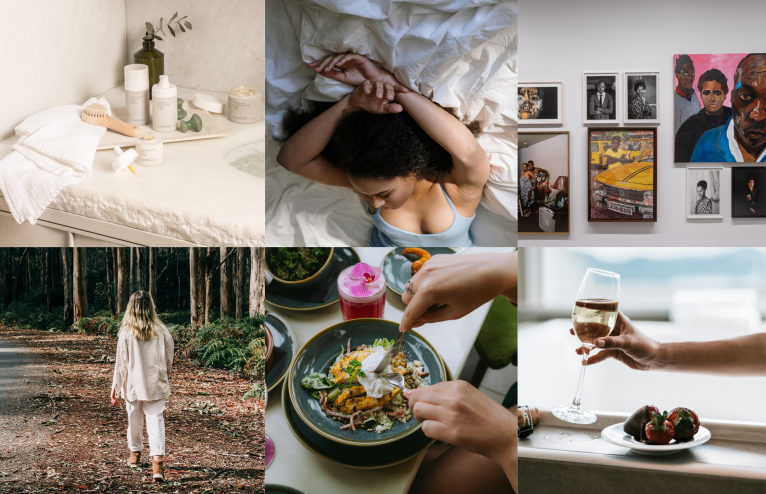
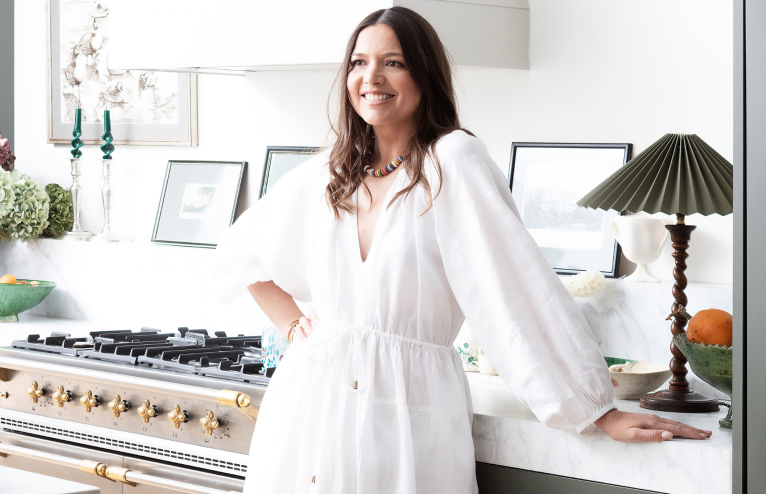
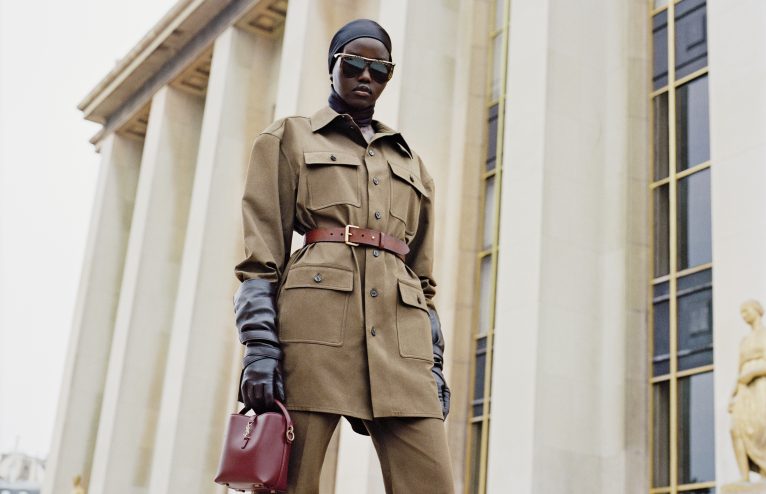
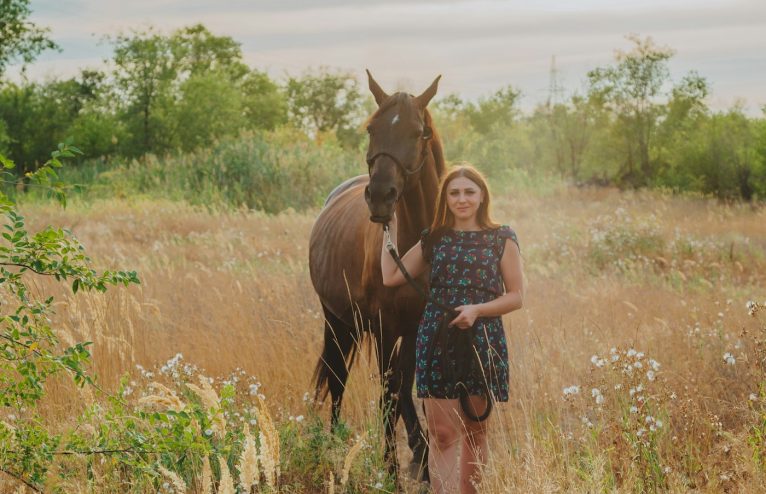
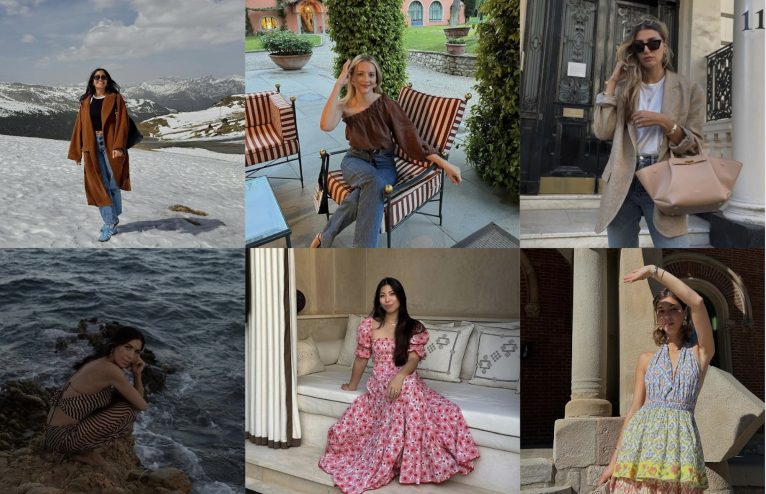
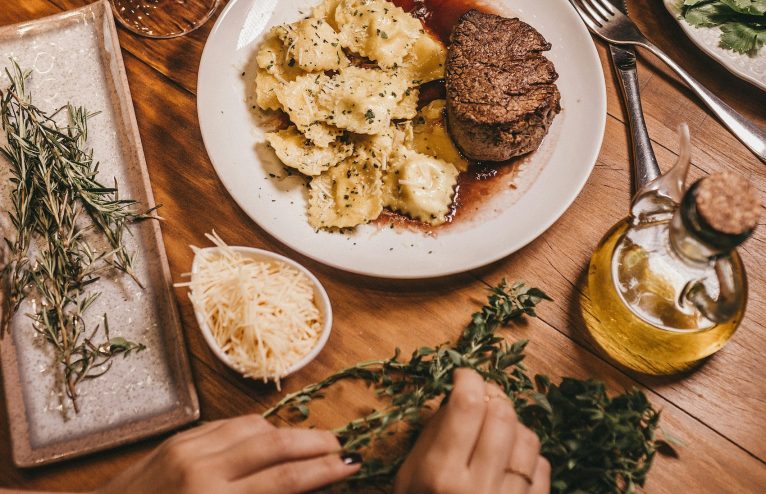
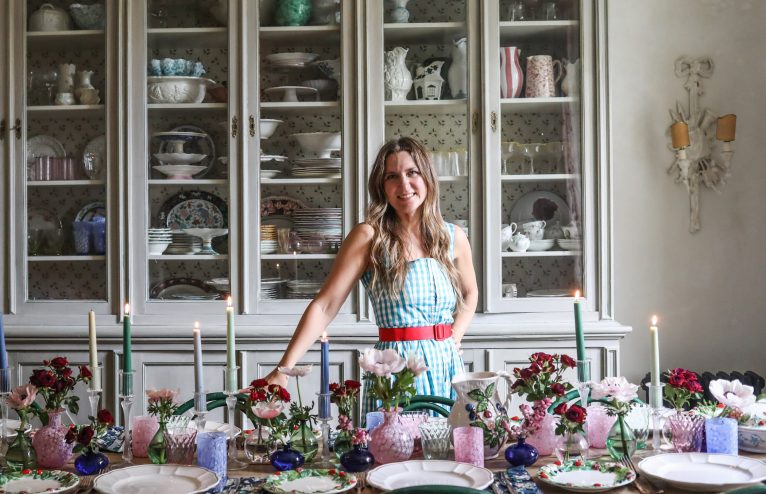
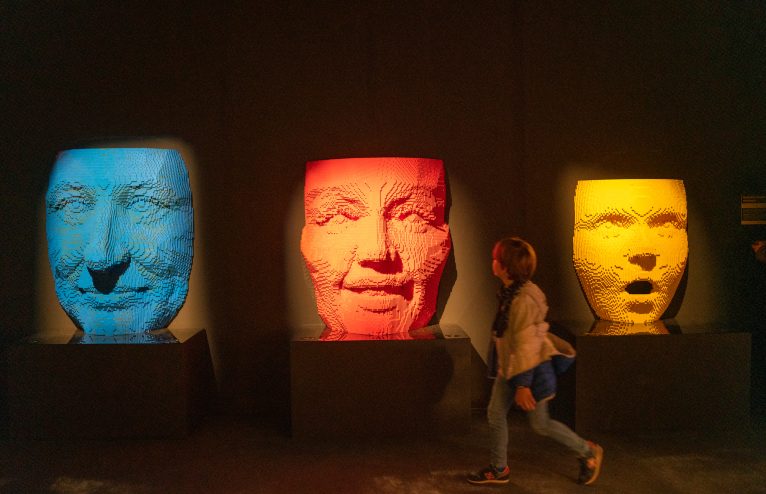
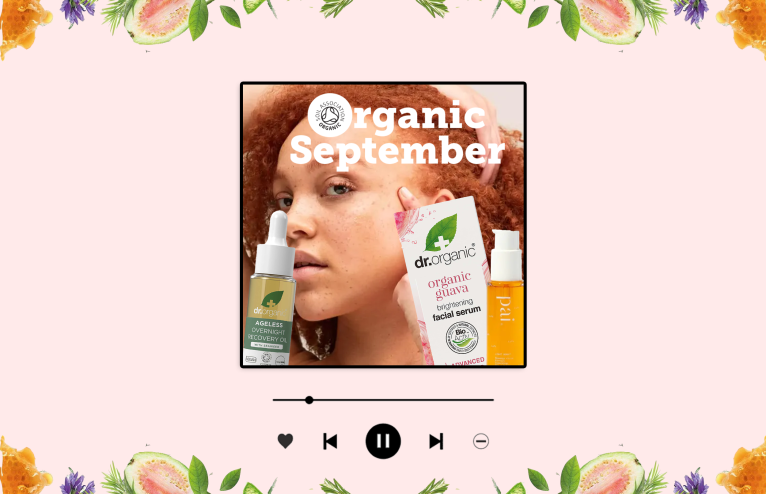
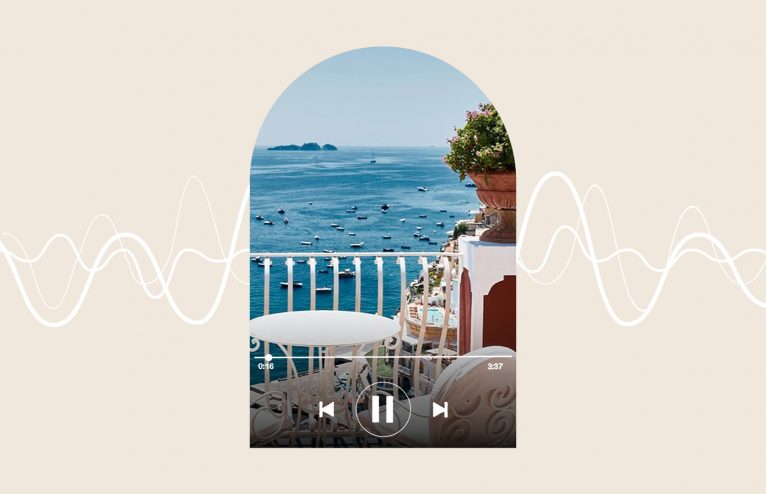
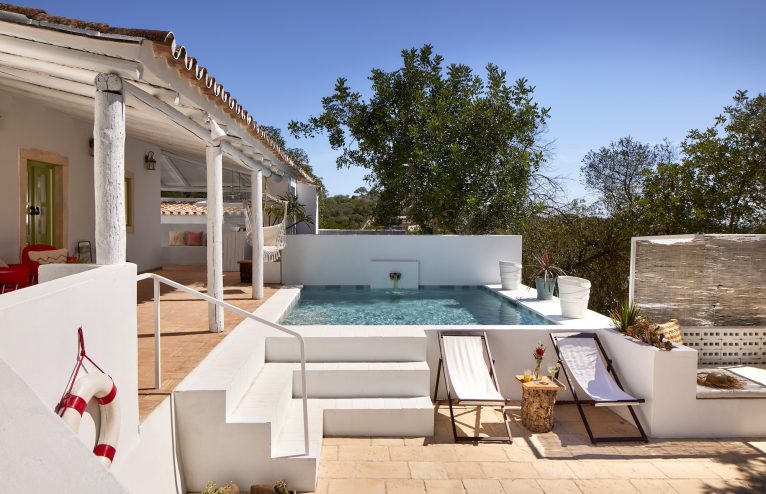
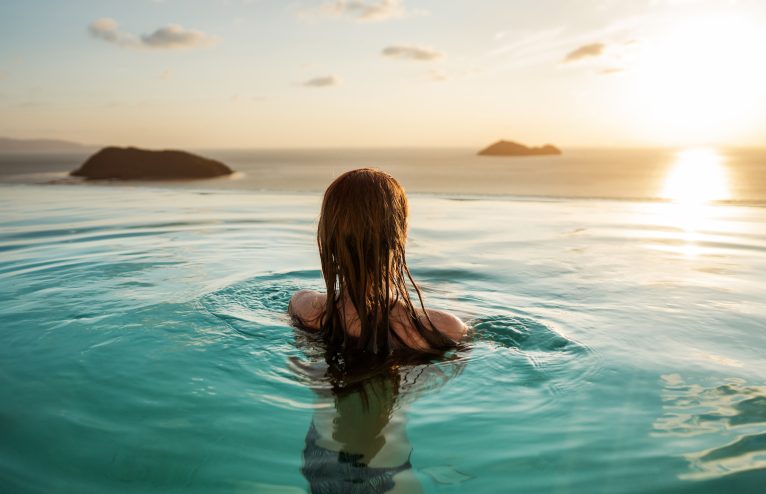

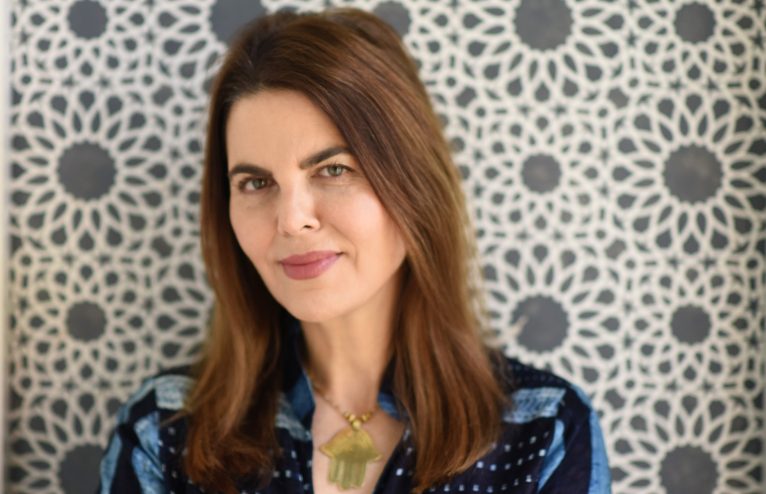
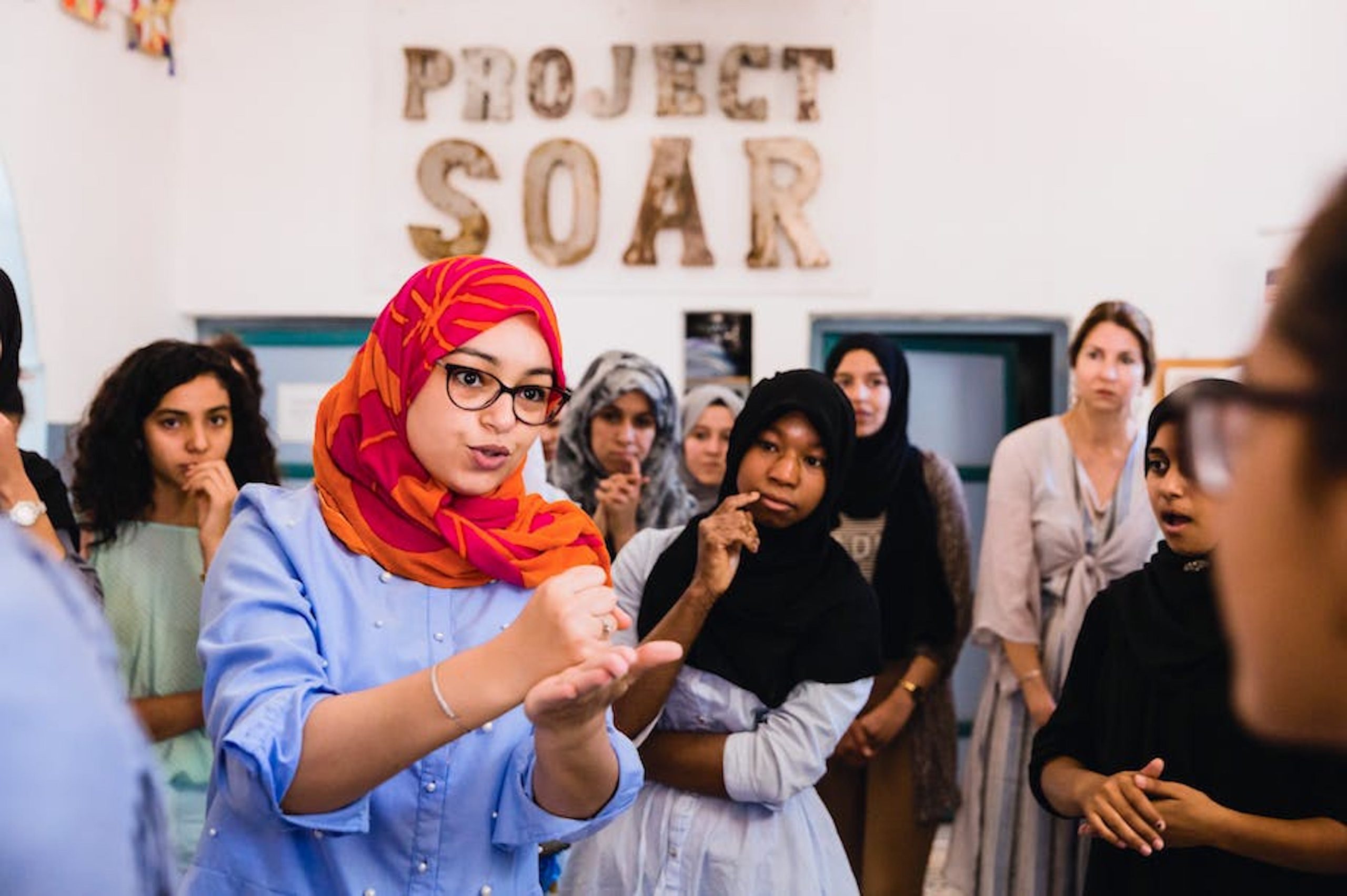
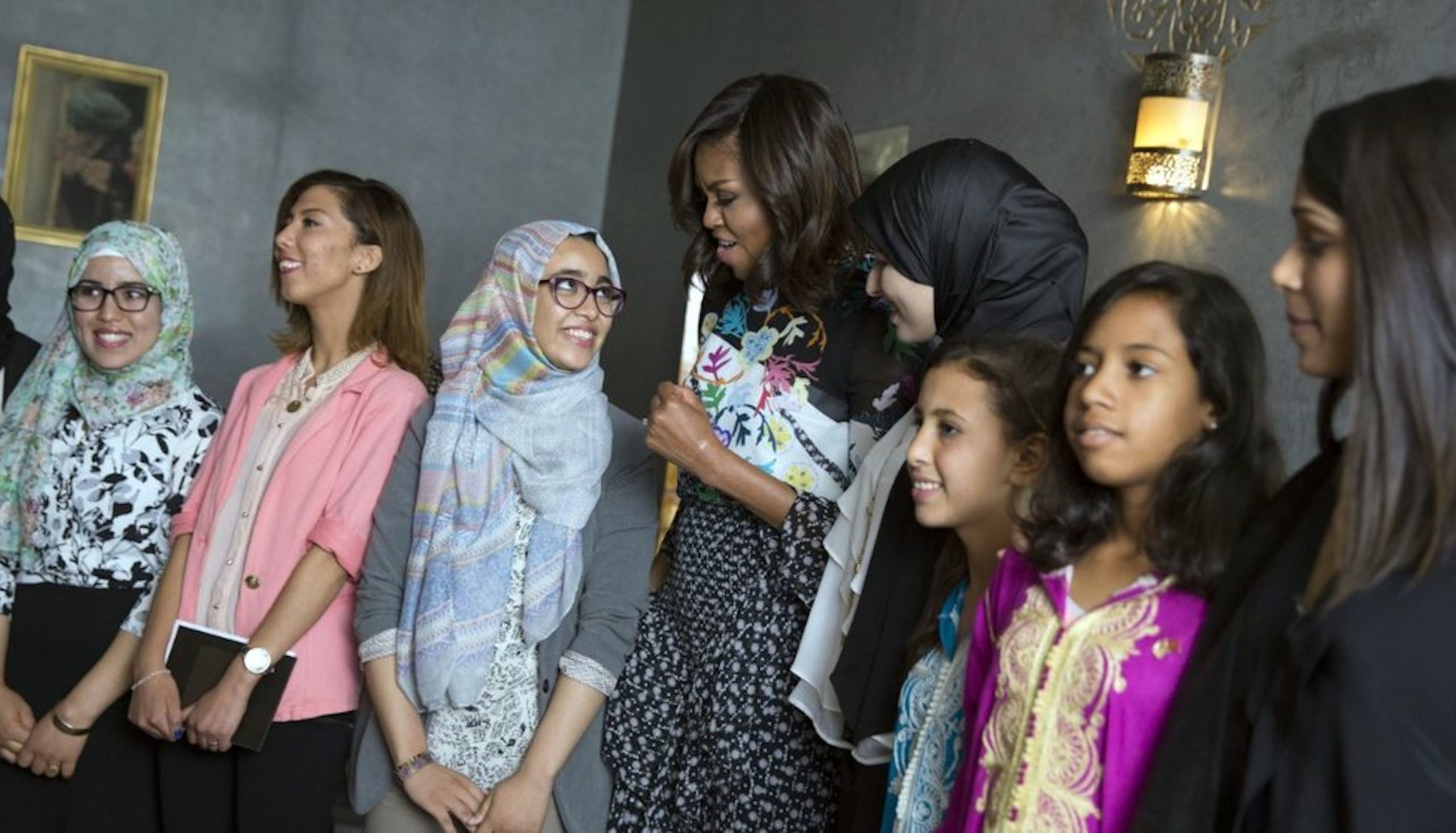
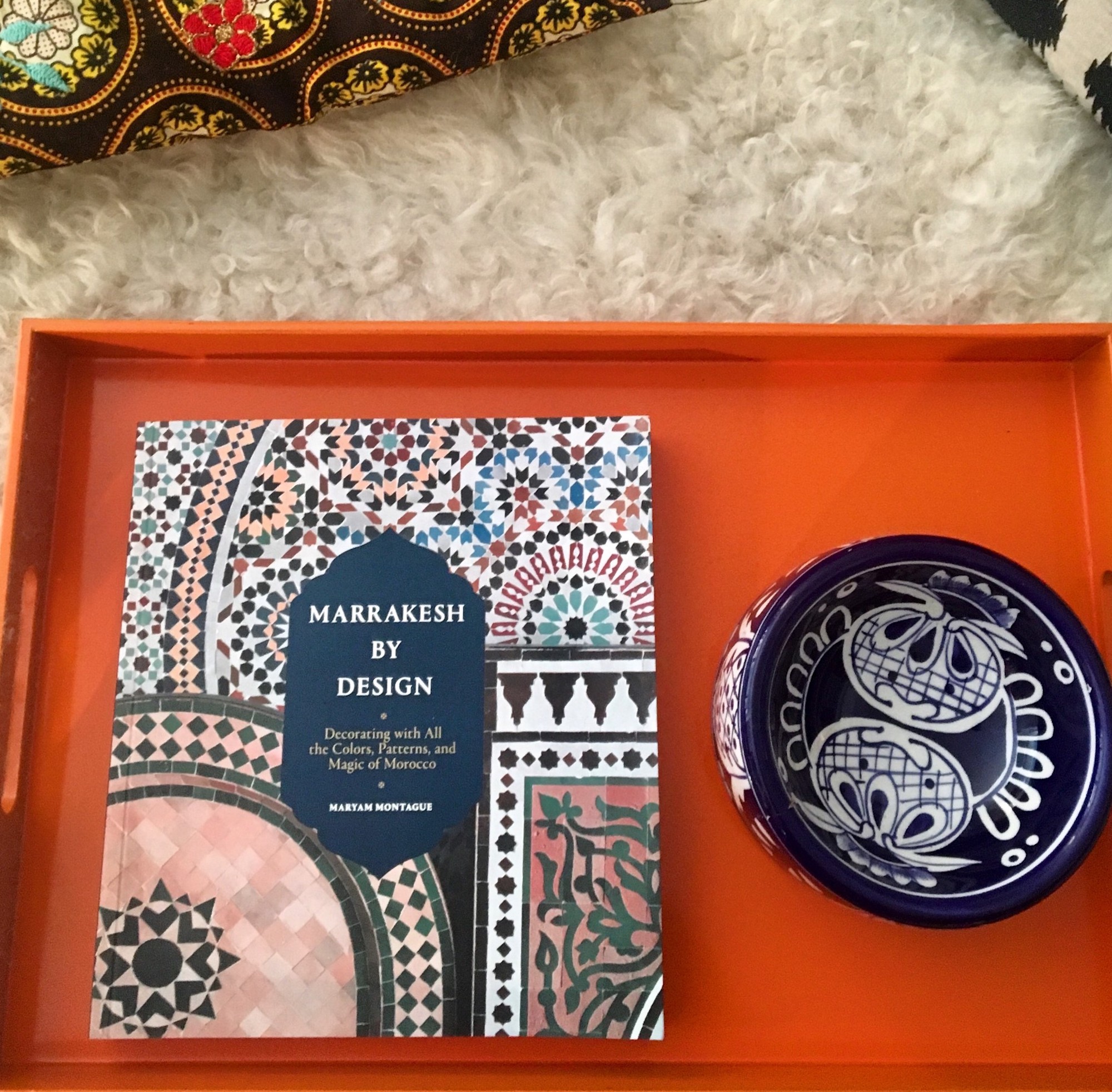
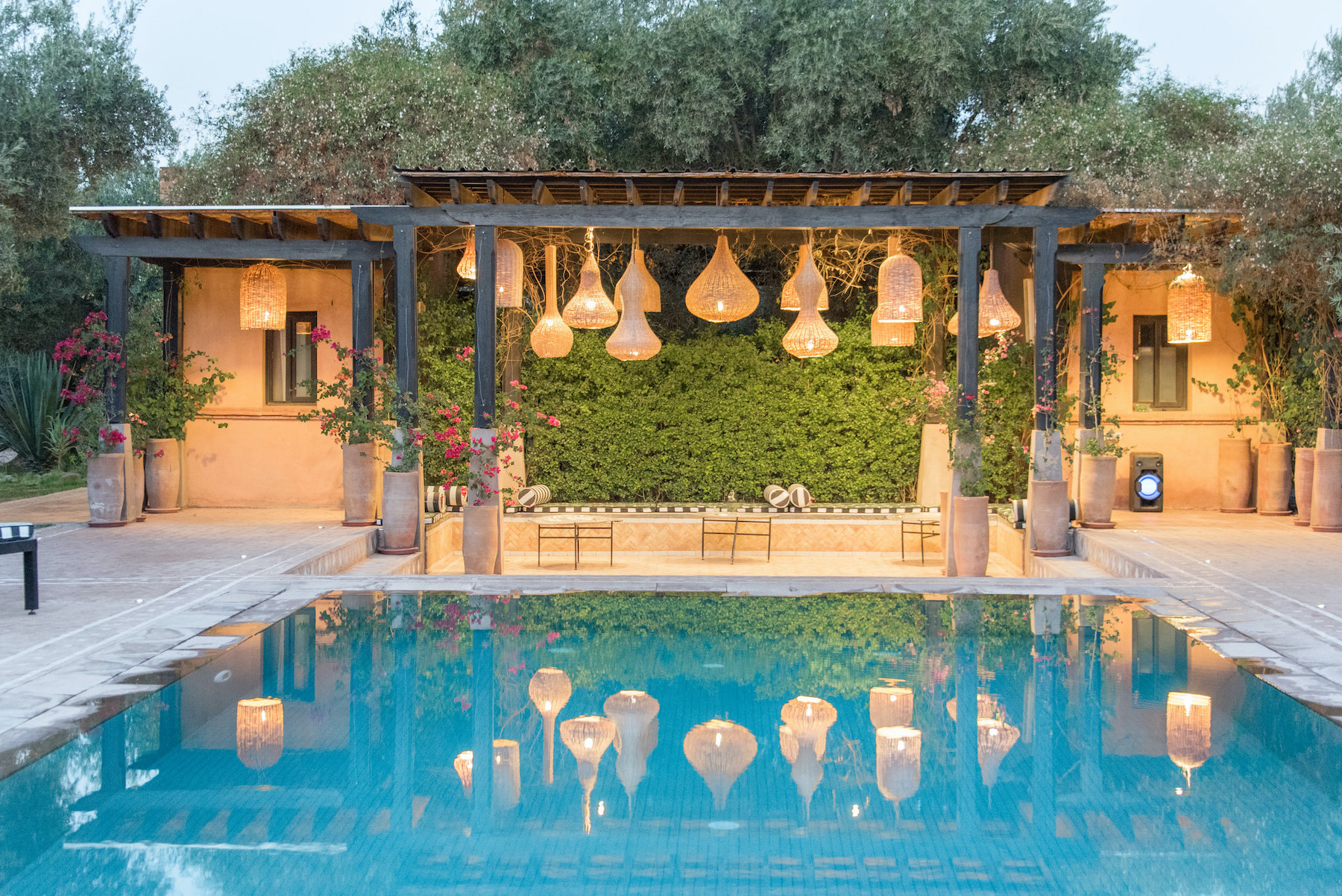
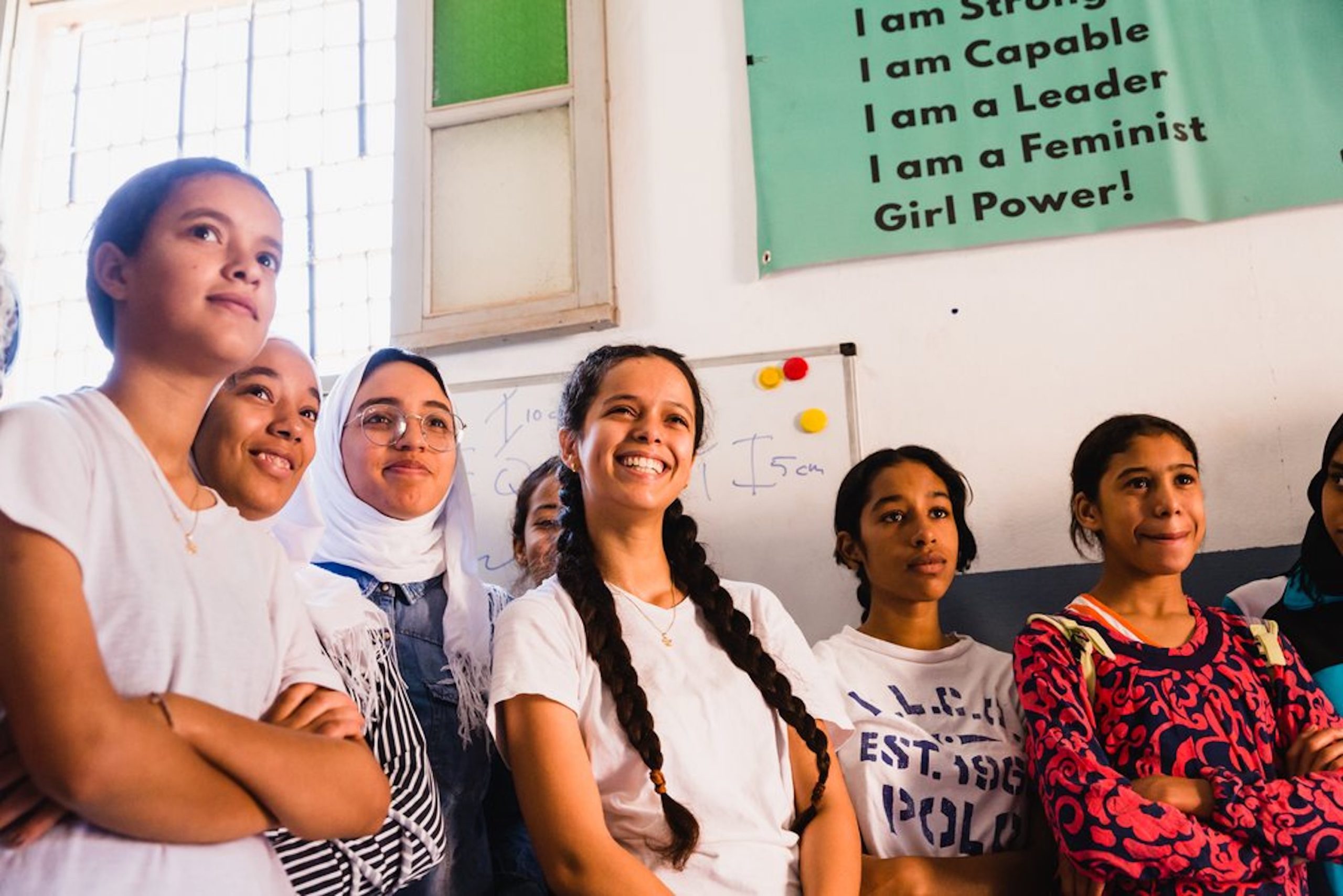

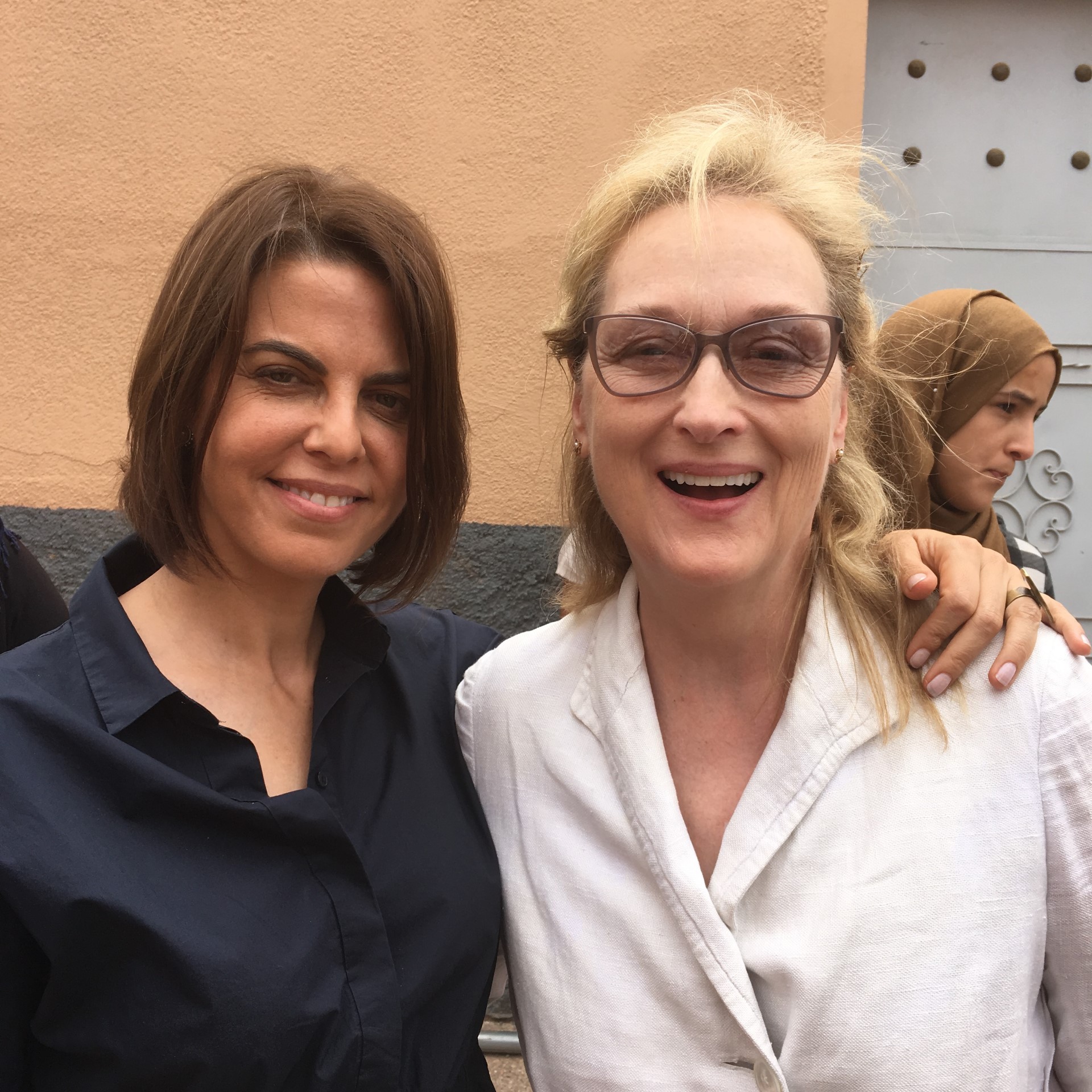
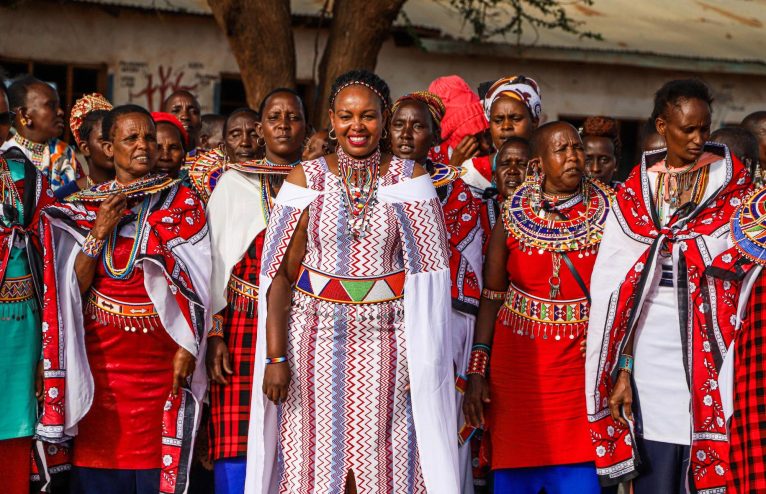
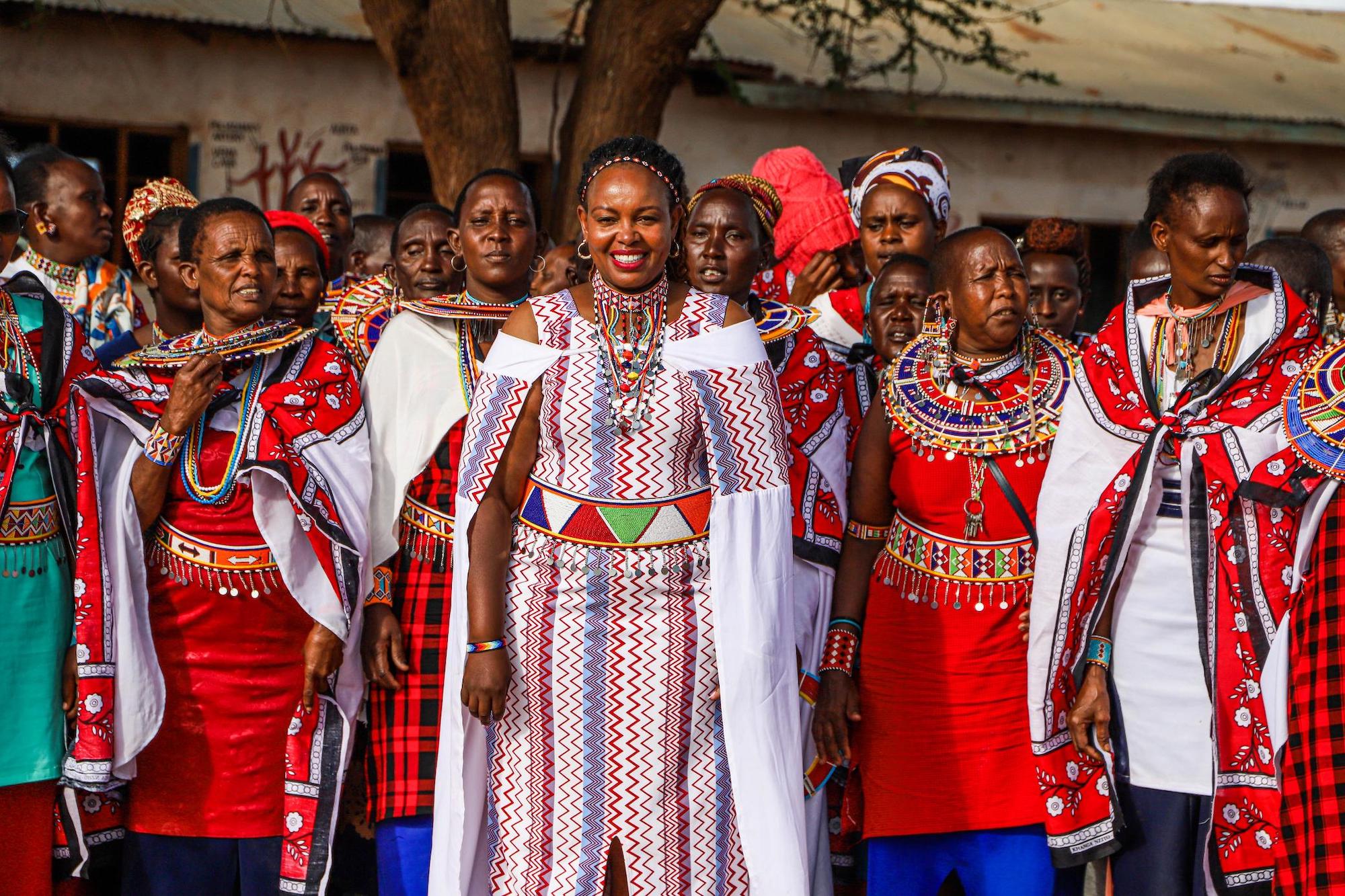
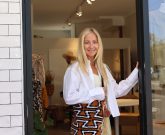

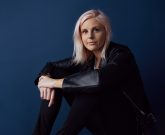
Any Questions or Tips to add?